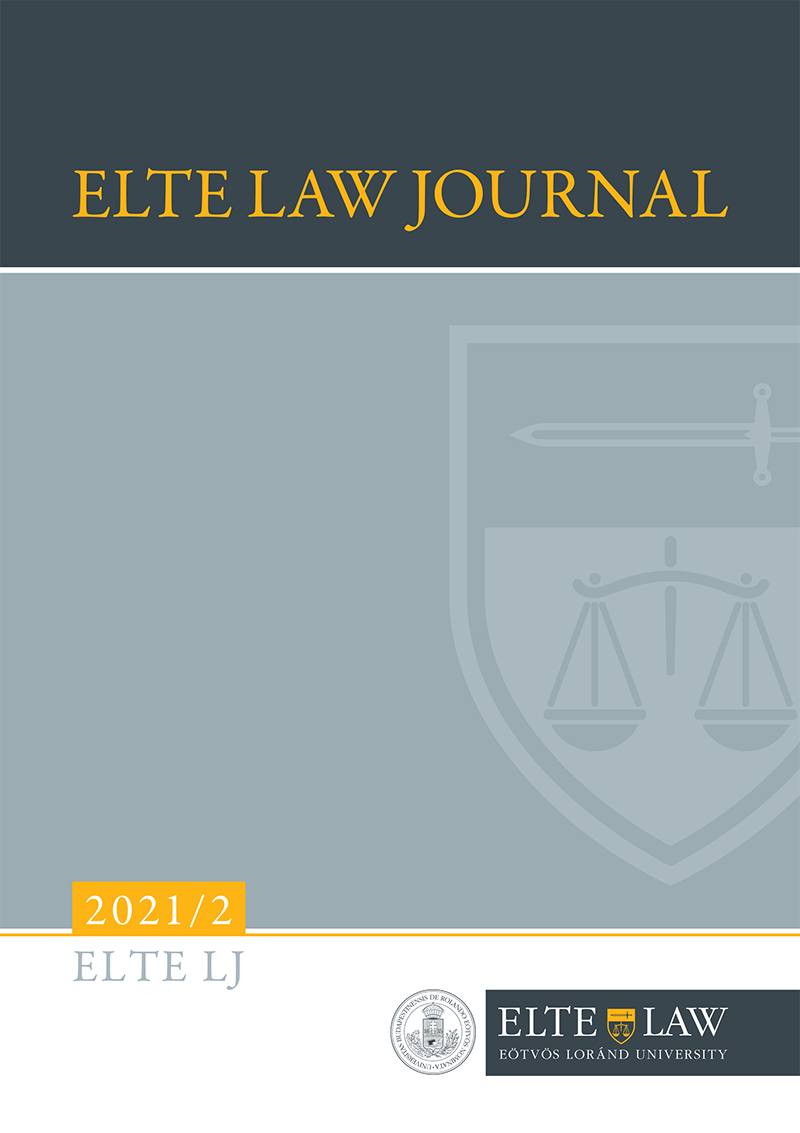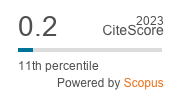The Role of Digitisation in Employment and Its New Challenges for Labour Law Regulation
The Hungarian, Italian and Spanish Solutions, Comparison, and Criticism
DOI:
https://doi.org/10.54148/ELTELJ.2021.2.101Keywords:
digitisation, telework, crowdwork, application-based work, automation, robotics, classification of employmentAbstract
The study comprehensively presents the main effects of digitisation. Due to its complexity, digitisation affects the employment and labour markets in different ways. It partially changes working conditions, brings to life new forms of employment and, as a result of the development of technology, professions disappear. Thus, all this necessarily poses different challenges to the legislation. The forms of work in the gig economy – which was brought to life by the online space – cannot be classified as a traditional legal framework. Teleworking has been absolutely valorised by the coronavirus pandemic. Looking to the near future, after the end of the pandemic, teleworking is expected to play a much more significant role in the labour market. The study presents the marked forms of digitisation that have emerged in employment and summarises its supranational legal issues. It also presents the digitisation characteristics of Hungary, Italy and Spain. It examines how legislation and the judiciary have provided answers to the issues of digitisation. Consequently, the study analyses three main trends: the impact of digitalisation in general, telework, and the gig economy, with special regard to the categorisation of workers (employees, self- employed and possible third categories in between). The study argues that the concept of ‘employment relationship’ has to be interpreted in a much broader way; general guarantees must be valid for all forms of work performed by people in economic dependence and in a state of economic weakness.



